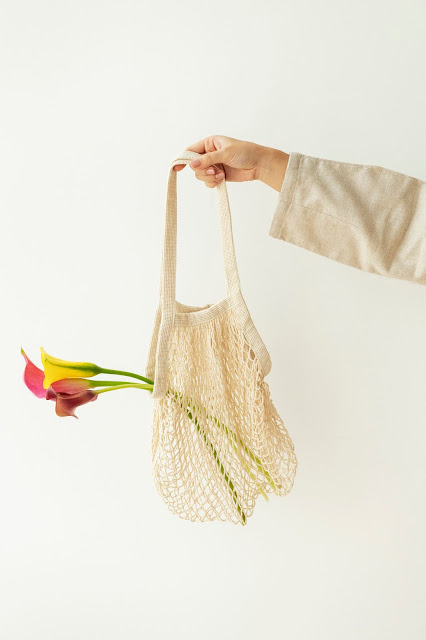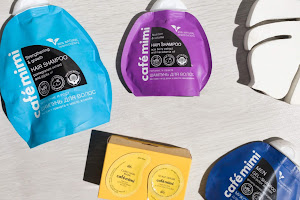Do you know what ecology used to look like? Do you want to know when there is recycling in Poland and who popularized it? In this post, I will try m.in answer these questions. :)
Did you know that Zero Waste has been us for many years? The first time this movement was officially mentioned was in the 1970s.
We can talk about something like Zero Waste in ancient times. A Chinese man, Caj Lun, developed a method of mass obtaining paper from old fishing nets in 105 BC.
During a similar period in Europe, old clothes were used to make flax and hemp fibres. This method survived until the first half of the 20th century BC.
As for the history of glass, archaeological studies show that in the Byzantine Empire (Nova Roma) they were reprocessed. And as we are already talking about Byzantium, it is worth mentioning Rome. The Romans melted old bronze coins into much more valuable figurines, which were sold at much higher prices.
In the Middle Ages, however, we are taught that people were dirty, which is not true. He is wrong regularly and even every day. These baths were made from herbs and soap that was biodegradable.
The hygiene of those people in our reasoning today was as much Zero Waste as possible. I recommend you read about this topic, because it was not a backward era as many people commonly think.
On the other hand, we have actually had a problem with garbage since man began to develop oil processing technologies in the 20th century BC. This happened after World War II. Plastic production has started to grow strongly.
New chemicals have emerged to facilitate the mass production of plastic. To make matters worse, they have not been studied for effects on human health and the environment. For this reason, the so-called Zero Waste movement was created in the U.S.A. over time.
The term Zero Waste as in the public consciousness was born in the 70s of the twentieth century. It was created by chemist Dr. Paul Palmer, who founded Zero Waste Systems Inc. In Oukland, California. The Zero Waste Institute was also created in parallel to this. The premise was simple not to throw away and to use the thing repeatedly.
The movement began to find a wider audience between 1998 and 2002. Dr. Daniel Knapp, representing Urban Ore in California, traveled to Australia in 1995. There he held the first talks with numerous talks with governments, companies and citizens of large cities.
The topic of conversation included maximizing material recovery and less wasted reuse. Finally, in 2003, a meeting was held in Wales, which gave rise to the Zero Waste Internationtal Alliance.
In Poland, we have been talking about Zero Waste for a long time. It is worth mentioning here that at that time plastic was not as common as it is today. Already in the pre-war times in Warsaw there was an experimental farm where children learned to interact with nature.
There was also a sanatorium for plants, where you could leave plants or ask for help in their rescue. There were also competitions related to packaging savings, in return residents received discounts on purchases.
The re-use of packaging was promoted. The cream was sold in glass, and the glass could be used a second time. There were paper bags everywhere. The customer was also told to walk with his own shopping bag. There were then popular braided nets, which nowadays are experiencing a second youth. ;)
These customs lasted until 70 years in the Polish People's Republic. Then they were dominated by plastic bags, especially those with western company logos. Still, people didn't treat them like one-times. They were often used several times or to store other things.
As we are already in the subject of Poland, it is worth mentioning here about Wanda Haberkantówna and her collection of short stories "Trash". The author m.in describes the advantages of recycling. Wanda Haberkantówna also revolutionized the education system at the time and had an impact on its entire system.
By contrast, in the late 1930s, the collection of items for re-use was used for military purposes. It's about collecting glass, recycled paper and metals. In this way, the National Defence Fund was financed in 1938/1939.
In those years, upcycling was still in place in Poland, i.e. giving new life to old objects. I recommend this must be checked, because in Poland people have been doing this for a very long time.
As you can see, Zero Waste has been known to our civilization for a long time. Although our ancestors didn't call it that until the 1970s. They saw the benefit of living in harmony with nature, and that it was worth giving the objects a second life once.
The movement itself now finds a growing audience, thanks to which we discover the old knowledge related to respect for the planet anew. I hope that one day each of us will have a positive impact on our planet.











No comments:
Post a Comment